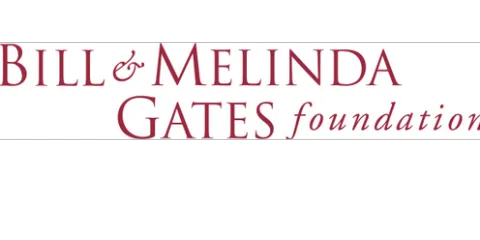A Practitioner-developed Framework for Braiding Learning from Work into Traditional Academic Pathways
Information
W. Edwards Deming astutely stated that “every system is designed for the results it gets. Our current education and talent development system results and contributes to growing inequities. Rather than trying to fix it at the margins, HERE to HERE focuses on opportunities that not only prioritize student career success and respond to labor market needs but also drive much needed systems change.
So where to start? The pragmatic place to begin is with the practitioners—employers, educators, and non-profits' who are already delivering and committed to braiding learning from work into traditional academic pathways and providing high quality work-based learning opportunities to students.
In this session, we will discuss how, in New York, HERE to HERE brought together practitioners from education, employers, and community-based organizations as well as students and youth advocates to develop an initial iteration of the Key Distinguishers of Integrated Work-based Learning to drive systemic change. As a place-based organization accountable to Bronx students who are predominantly Black and LatinX, equity is very much at the center of HERE to HERE's work and the Key Distinguishers.
This strategic approach takes a page out of the green building movement. In the 1990s, a building painted green could be called a green building. In the early 2000s, a cross-sector group of practitioners came together to develop criteria for green buildings that focused on economic, environmental, and health benefits. With these shared standards of practice in place, we saw rapid systems change within 10 years. Private developers were fighting over how green their building could be LEED silver, gold or platinum. Now, all affordable housing receiving public funds in 27 states and Washington DC must meet a threshold green criteria.
Representatives from other Equitable Pathways intermediaries including CityWorks DC, CareerWise Colorado, and Youthforce NOLA will join the conversation to discuss how their work and learnings speak to the Key Distinguisher criteria and how each sees codification of best practice playing a key role in their place-based efforts to connect talent to opportunity.
This session will be of interest to any stakeholder seeking to improve the quality of work-based learning, integrate learning from work experience into traditional academic pathways, and/or learn more about how the codification of guiding principles and best practices can drive the institutional level change critical to reinvent our youth talent development system to meet the demands of the 21st century.
Speaker







